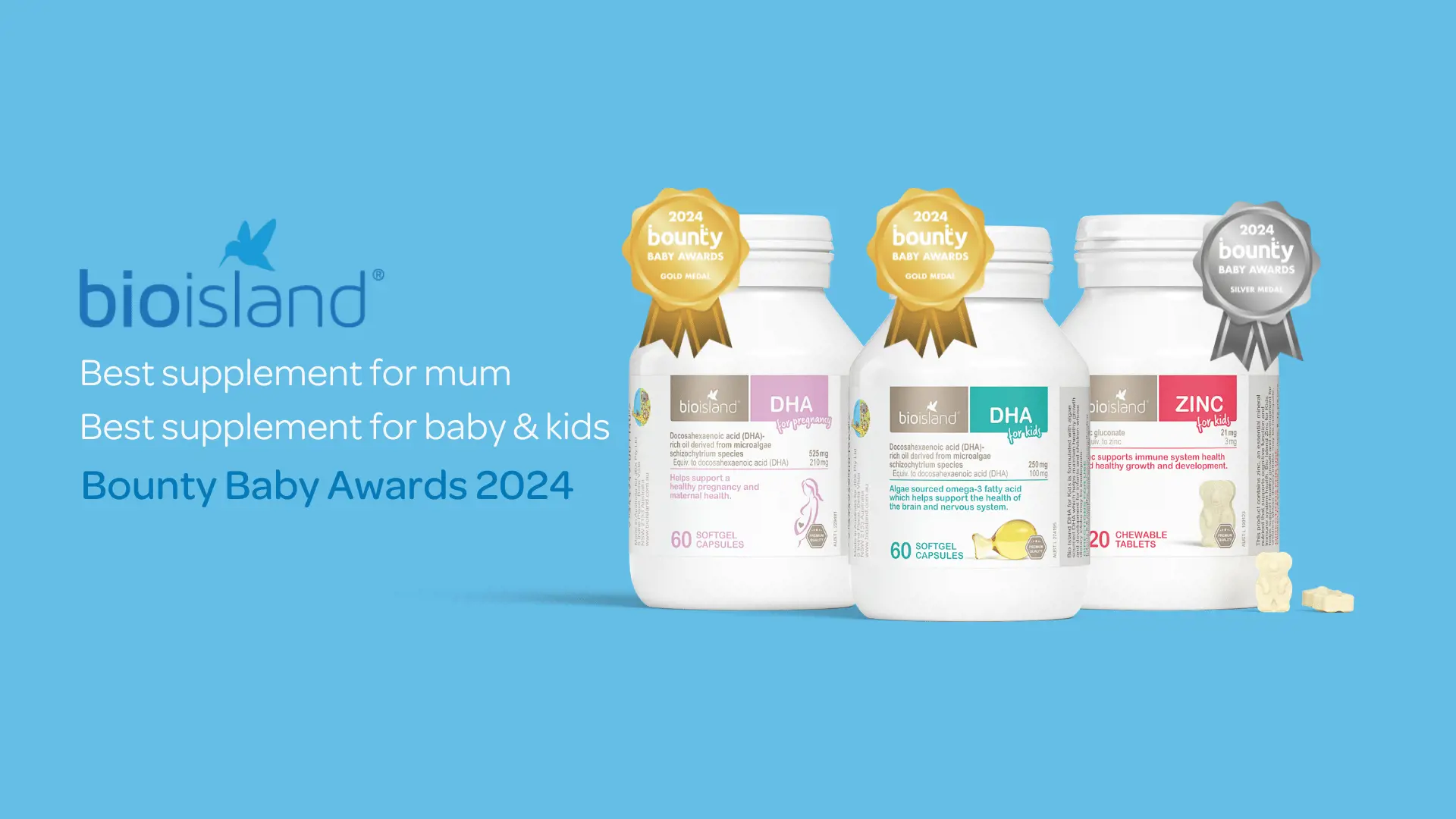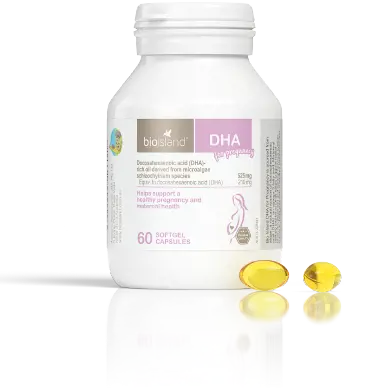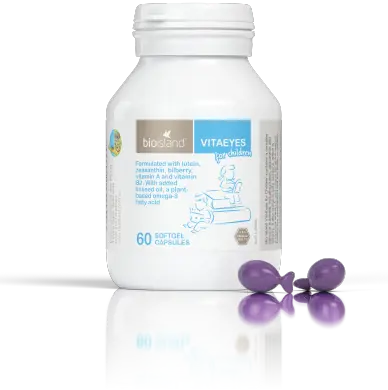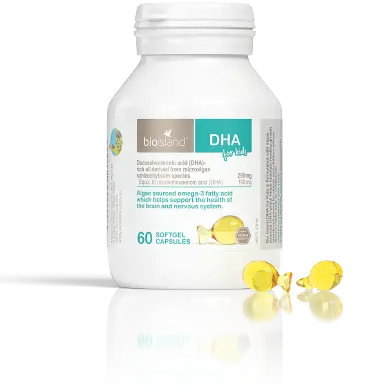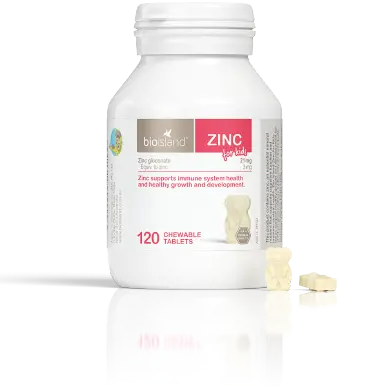
Baby's eye development during pregnancy
Explore the fascinating journey of baby's eye development during pregnancy and delve into the role that maternal nutrition plays in nurturing their vision as they grow.
Healthy Pregnancy
Pregnancy is an incredible journey that brings joy, anticipation, and a deep sense of responsibility for the well-being of your baby. As mums and dads, we want to ensure that every aspect of our little one's development is nurtured, including their eyesight. There is so much to learn, for example, did you know that your baby's eyes begin to form as early as the second month of pregnancy? In this article, we will explore the fascinating journey of baby's eye development during pregnancy and delve into the role that maternal nutrition plays in nurturing their vision as they grow.
The Stages Of Eye Development During Pregnancy:
From the earliest stages of pregnancy, your baby's eyes are beginning to take shape. Around week 4, the neural tube, which eventually becomes the brain and spinal cord, starts to form. Simultaneously, tiny indentations appear on the sides of the developing head, which will eventually become the eyes.
By weeks 7- 8, the optic vesicles emerge—a significant milestone in eye development. These vesicles give rise to various structures of the eye, including the retina, lens, and cornea. At this stage baby’s tear ducts begin to develop, though they won’t be fully formed until after birth, so baby won’t be able to produce many tears during those first few weeks after birth. It is during this 8 week pregnancy period that optimal nutrition becomes crucial for the healthy growth and differentiation of these vital eye structures.
At 10 weeks you baby has eyelids! They are fused closed to protect baby’s developing eyes and won’t open be ready to open until around 27 weeks, so you may start noticing baby responding to bright light or light changes later in your pregnancy.
Also at 27 weeks your baby is able to start blinking.
Skipping ahead to 32 weeks your baby’s pupils are full of activity, as they can shrink and expand to let more or less light in. From around this time baby may also be able to start seeing dim outlines of shapes, though they are still unable to see colours.
Baby will start seeing colour at week 34, the first colour baby sees is red. This is because the colour red is the colour of the womb, so the cone cells for red develop first.
At birth your baby has a limited focal range of about 20 – 30 cm, though this is still the perfect range to see the important things, like mum & dad!
Nutritional Support During Pregnancy:
Optimal nutrition during pregnancy is vital for the overall development of your baby, including their eyesight. Let's explore some of the key nutrients that contribute to eye development at each stage:
- Omega-3 Fatty Acids: Particularly docosahexaenoic acid (DHA), play an important role in the development of the retina and visual cortex. These healthy fats can be found in fatty fish (such as salmon and sardines), walnuts, chia seeds, and flaxseeds. Including these foods in your diet helps support your baby's eye health during pregnancy.
- Beta carotene: Your body converts beta-carotene into vitamin A and is required for the development of the retina and helps maintain good vision. It can be obtained from vibrant orange and yellow fruits and vegetables like carrots, sweet potatoes, and mangoes. Including these colourful foods in your meals ensures an adequate supply of vitamin A. During pregnancy, it's important not to get too much retinol, a type of vitamin A as it may cause birth defects and liver toxicity in high doses. So ensure you read food and supplements labels carefully and speak to you healthcare professional about any concerns you have for you or your baby.
- Antioxidants: There are a broad range of antioxidants that support eye health, including vitamins C and E. These vitamins through their antioxidant properties help protect the developing eyes from oxidative stress and damage. Citrus fruits, berries, broccoli, spinach, nuts, and seeds are excellent sources of these valuable antioxidants. Consuming a variety of antioxidant-rich foods supports your baby's health during pregnancy.
- Zinc: is a mineral that contributes to the proper functioning of the retina and aids in the synthesis of visual pigments. It can be found in lean meats, legumes, whole grains, and dairy products. Including these foods in your diet helps ensure sufficient dietary zinc intake for your baby's eye development.
Supporting Eye Development After Birth:
The journey of eye development continues even after your baby is born. During the first few months of life, their visual system undergoes significant growth and refinement. Even your baby’s eye colour isn’t determined until about 9 months of age. Adequate nutrition during this period remains important for healthy eye development. Here are some key considerations:
- Breast milk is an excellent source of essential nutrients, including DHA, which is crucial for ongoing eye development. If you are breastfeeding, ensure you maintain a nutritious diet to support the production of high-quality breast milk for your baby. If you are unable to breastfeed, seek support of your healthcare professional who can help provide insights and information about ways you can support your little one’s nutrition.
- As your baby transitions to the introduction of solid foods, continue to offer a variety of nutrient-rich options to support their eye health. Include foods rich in vitamin A, antioxidants, omega 3’s, zinc, and protein in their diet. Colourful fruits and vegetables, lean meats, fish, whole grains, and dairy products can provide essential nutrients for their developing eyesight.
- It is important to continue to be proactive about your child’s eye health after birth and to remember that regular eye check-ups with a paediatrician or an eye care specialist are important part of ongoing care and help detect any issues early.
This information does not take into account your personal situation and is general in nature. You should consider whether the information is appropriate for your needs and seek professional medical advice.
Always consult your healthcare professional before taking any supplements or if any concerns arise.


